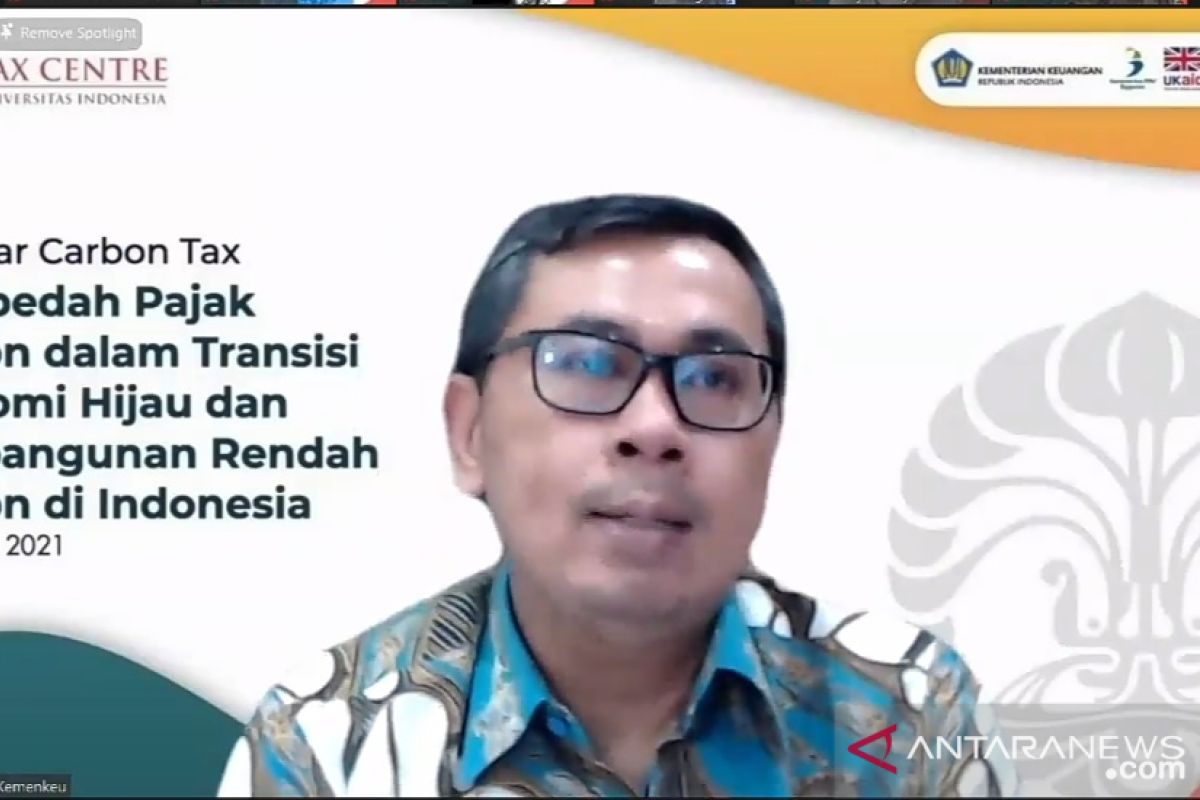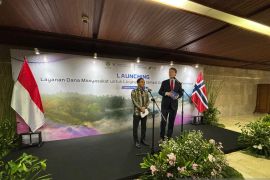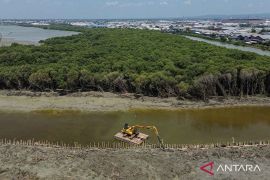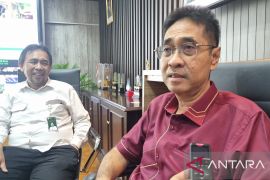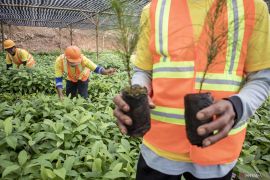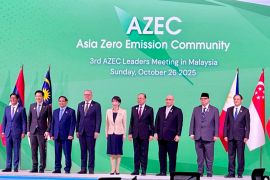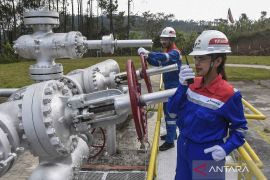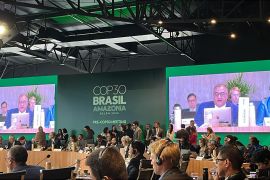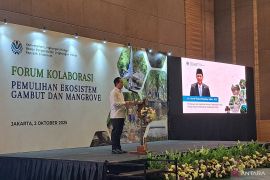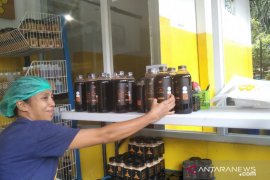"Certain sectors that have large contributions and quite ready to be imposed with carbon tax will be chosen. There will also be non-fiscal incentive to provide stronger support for investment and economic transformation," he said during a webinar on carbon tax here on Monday.
According to Prastowo, the government has invited various stakeholders, such as entrepreneur associations, academicians, and environmental activists to formulate a fair carbon tax.
"There is still enough time for us to discuss it, and for the government, the House of Representatives, entrepreneurs, and activists to provide their input so that the carbon tax policy is designed holistically and comprehensively," he stated.
The government is mapping various fees designed to reduce carbon emissions, including the Non-Tax State Revenue (PNBP) and regional tax, he informed.
This stipulation will be integrated so there is no overlapping implementation in the future, he said.
"This is the importance of formulating an effective carbon tax that fulfills its goal, while also not being a burden with multiple taxes," Prastowo explained.
The suggestion on carbon tax within the Tax Bill (RUU KUP) is expected to become the new chapter for mainstreaming the green economy, he remarked.
Within the tax bill, the government plans to impose a tariff of Rp75 per kilogram of carbon dioxide equivalent, he informed.
This carbon tax tariff will be calculated based on the price of carbon trade from the 'Result Based Payment REDD +' or the 'Reducing Emissions from Deforestation and Forest Degradation' event in 2020, he said.
The carbon tax is designed to not only provide revenue, but also fulfill Indonesia's commitment within the Paris Agreement, especially regarding the reduction of carbon emissions, he added.
Related news: Carbon tax a step toward realizing Golden Indonesia early: Bappenas
Related news: Carbon tax should not be imposed on individuals: legislator
Translator: Sanya Dinda, Fadhli Ruhman
Editor: Suharto
Copyright © ANTARA 2021
